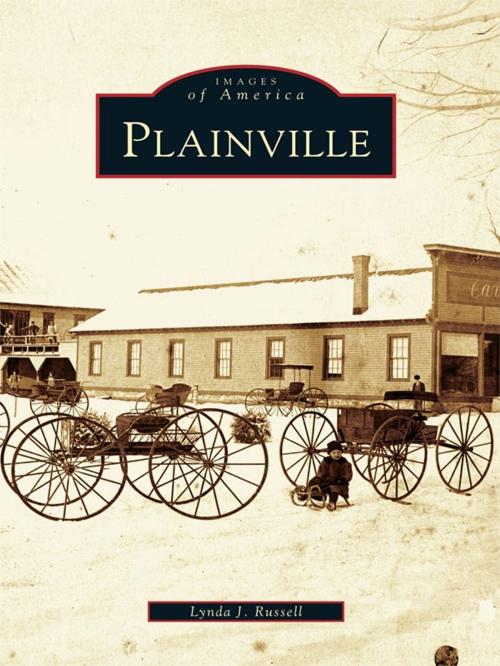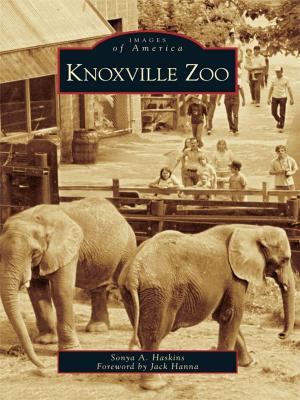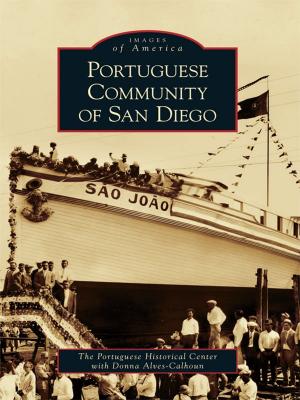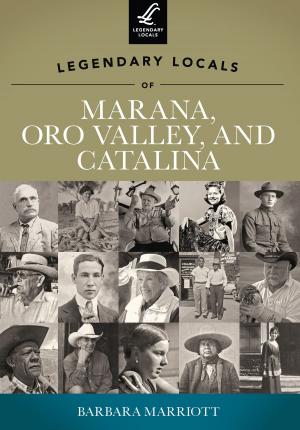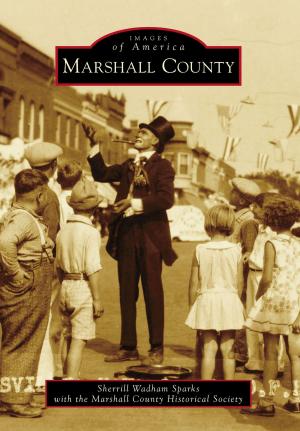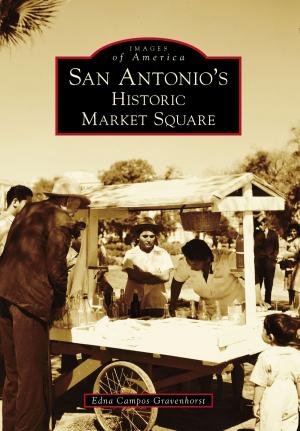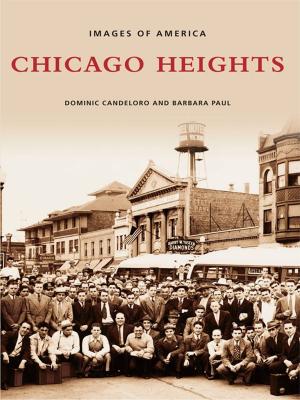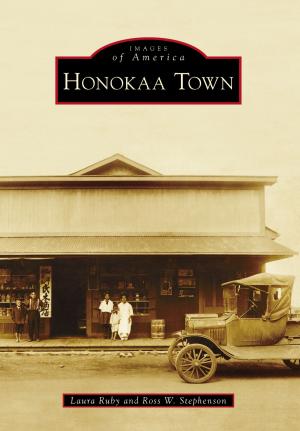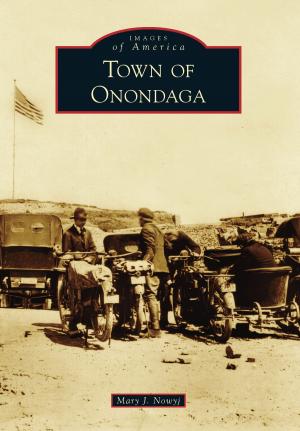| Author: | Lynda J. Russell | ISBN: | 9781439634547 |
| Publisher: | Arcadia Publishing Inc. | Publication: | April 4, 2007 |
| Imprint: | Arcadia Publishing | Language: | English |
| Author: | Lynda J. Russell |
| ISBN: | 9781439634547 |
| Publisher: | Arcadia Publishing Inc. |
| Publication: | April 4, 2007 |
| Imprint: | Arcadia Publishing |
| Language: | English |
Originally known as the Great Plain, Plainville was the last town to separate from Farmington. In 1830, a post office was established in the new community and the name was changed. The town officially incorporated in 1869. The early economy consisted of farmers, millers, tin workers, tanners, chair makers, and blacksmiths. In 1828, the Farmington Canal opened and Plainville�s population blossomed. It soon became a commercial center and new industries and manufacturing developed. This book documents Plainville�s early-17th-century settlers, such as the Root, Newell, Hooker, Lewis, and Hamlin families, and follows the town�s fascinating evolution to the present. Through stunning photographs, readers will delight to see Plainville�s past unfold.
Originally known as the Great Plain, Plainville was the last town to separate from Farmington. In 1830, a post office was established in the new community and the name was changed. The town officially incorporated in 1869. The early economy consisted of farmers, millers, tin workers, tanners, chair makers, and blacksmiths. In 1828, the Farmington Canal opened and Plainville�s population blossomed. It soon became a commercial center and new industries and manufacturing developed. This book documents Plainville�s early-17th-century settlers, such as the Root, Newell, Hooker, Lewis, and Hamlin families, and follows the town�s fascinating evolution to the present. Through stunning photographs, readers will delight to see Plainville�s past unfold.
